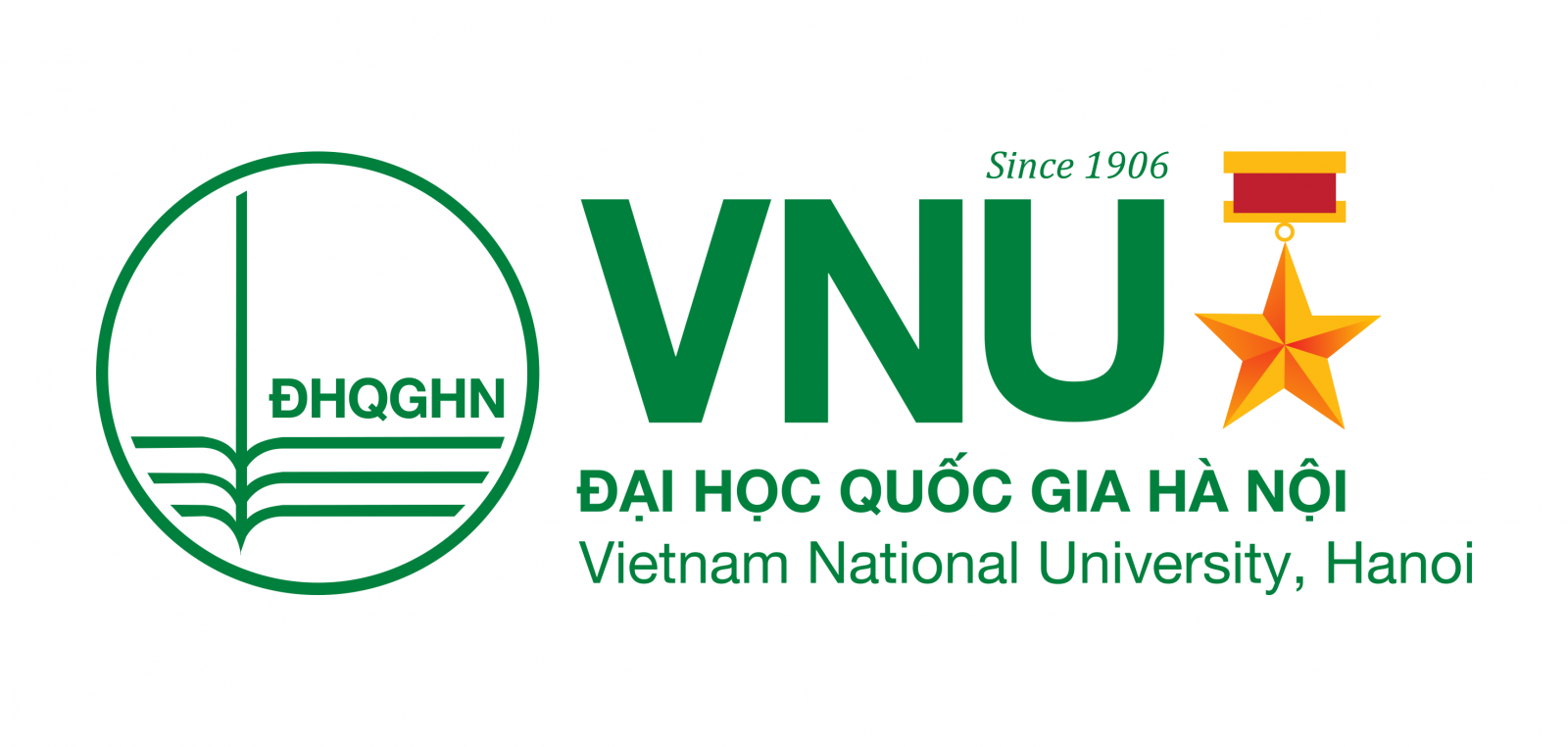
Rizalinda L. de Leon
Biography
Rizalinda L. de Leon, Ph.D., FAAET, is a professor at the Department of Chemical Engineering, College of Engineering, University of the Philippines Diliman (UPD) where she also heads the Fuels, Energy & Thermal Systems Laboratory. She obtained her Ph.D. in Chemical Engineering, her M.S. in Energy Engineering, and her B.S. in Chemical Engineering degrees from the University of the Philippines in Diliman.
Aside from teaching, she advises undergraduate and graduate students in their research under the Chemical Engineering, Energy Engineering, and Environmental Engineering Graduate Programs. Her research interests include studies on biorefineries, and hydrogen production. She served as the Chairperson of the UPD Chemical Engineering Department from 2010 to 2016, and as the Dean of the College of Engineering from 2016 to 2019.
Her current involvement in the energy sector include:
Project Director of the Gas Policy Development Project-phase 3 (GPDP 3) funded by the Economic Research Institute for ASEAN (ERIA), a role she continues from the USDS- funded Gas Policy Development Project - phase 2 (GPDP 2).
Project leader of the Renewable Energy-Powered Production of Net Zero Energy Carriers: from Emerging Catalysis to Process Engineering funded by the Department of Science and Technology under the Philippine-Korea Science and Technology Joint Research Program. Member of the Board of Directors at the Independent Electricity Market Operators of the Philippines (IEMOP). She was the project manager for the University of the Philippines team in the Erasmus plus-funded consortium of 13 universities from EU and ASEAN that implemented the project Improving enGineers’ Employability with multi-Competencies, Knowledge and Opportunities (GECKO). She was recently admitted as a Fellow at the ASEAN Academy of Engineering and Technology (AAET).
The world faces one of the greatest existential challenges in human history: climate change driven by excessive greenhouse gas (GHG) emissions. Economic activities reliant on fossil fuels, particularly in the energy, transport, industrial, and agricultural sectors, have caused atmospheric CO₂ concentrations to reach unprecedented levels. According to the IPCC (2023), to limit global warming to 1.5°C above pre-industrial levels, global CO₂ emissions must decline by at least 43% by 2030 and reach net-zero around 2050.
In this context, emission reduction and energy transition are critical elements of climate action and inevitable directions for restructuring global growth models toward green, circular, and sustainable development. The transition from traditional fossil-based energy systems to renewable, low-emission sources has become a central priority in national and international agendas.
Scientific and technological foundations
Emission reduction is inherently linked to energy system transformation. Based on interdisciplinary scientific research, several key pathways have emerged:
- Decarbonizing electricity production by replacing coal and oil with solar, wind, hydro, biomass, and other renewable energy sources;
- Electrifying end-use sectors, such as transportation (electric vehicles), industry (electric furnaces), and households (solar water heating, induction cooking);
- Improving energy efficiency through green technologies, system optimization, and sustainable building design;
- Carbon capture, utilization, and storage (CCUS), especially for hard-to-abate sectors such as cement, steel, and chemicals;
Nature-based solutions, including reforestation, wetland restoration, and regenerative agriculture, which biologically sequester CO₂.
Energy transition is a systemic and long-term process, not merely a shift in energy sources, but a fundamental transformation of infrastructure, consumption models, market structures, institutions, and social behavior.
Vietnam’s commitments and challenges
Vietnam is among the fastest-growing economies in Asia and, at the same time, one of the most climate-vulnerable countries. Acknowledging the urgency, the Government of Vietnam has committed to achieving net-zero emissions by 2050, as declared at COP26. National strategies such as Power Development Plan VIII (PDP8), the National Climate Change Strategy, and the Just Energy Transition Partnership (JETP) provide a solid foundation for a low-carbon roadmap.
Nevertheless, several critical challenges remain:
- Coal dominates the power generation mix, accounting for 40-45%.
- Grid infrastructure constraints hinder the integration of variable renewable energy (VRE).
- Institutional fragmentation limits policy coordination and implementation efficiency.
- Carbon pricing mechanisms, such as carbon taxes or domestic carbon markets, are absent.
- Social equity concerns, particularly ensuring a just transition for communities and workers dependent on fossil fuel industries.
Addressing these challenges requires integrated, science-based approaches that combine technological innovation, regulatory reform, financial instruments, and stakeholder engagement.
Objectives of the conference session
Within the international conference “Green Transformation in the Context of Global Change 2024” framework, Session 3 - “Emission Reduction and Energy Transition” - focuses on the scientific, technological, and policy dimensions of low-carbon development in Vietnam and internationally.
This session aims to:
- Present new empirical studies and modeling results on emission reduction potential and cost-effectiveness.
- Analyze strategies for renewable energy integration and power market reform.
- Examine policy tools, technologies, and financial mechanisms to accelerate energy transition.
- Share best practices and case studies from the Philippines, India, and Vietnam.
- Discuss co-benefits (air quality, public health, energy security) and trade-offs (land use, cost, employment) in low-carbon transition pathways.
Scientific contribution and practical implications
This session is a science-policy-business interface that fosters interdisciplinary exchange among scientists, engineers, policymakers, and industry leaders. The discussions are expected to contribute to:
- Evidence-based policy formulation and revision tailored to Vietnam’s socio-economic context;
- Strengthening regional cooperation on clean energy development;
- Advancing Vietnam’s role in global decarbonization networks and climate governance.
In essence, emission reduction and energy transition are environmental imperatives and strategic opportunities to build a low-carbon economy, green growth model, and sustainable future for coming generations.


